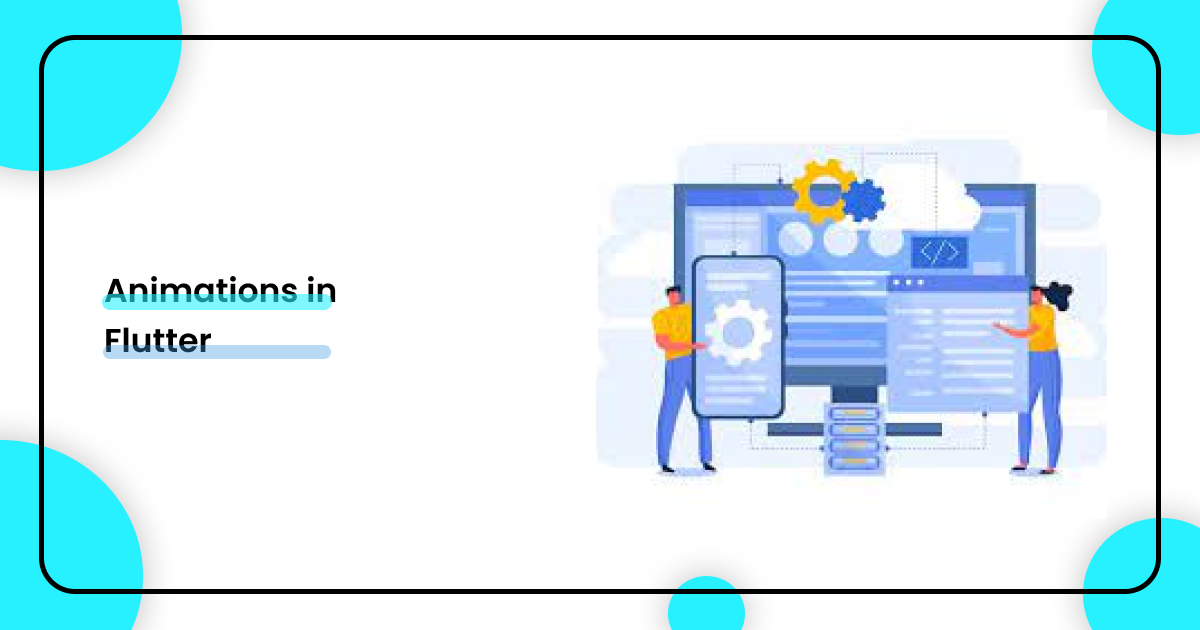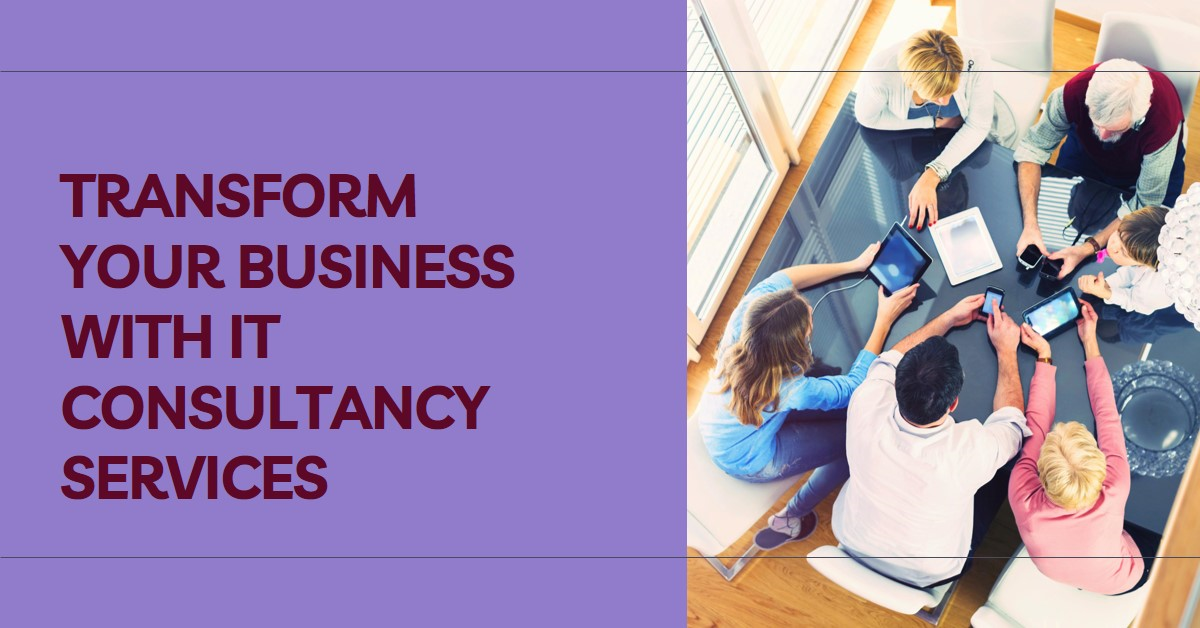In today’s fast-paced healthcare environment, operational efficiency is paramount. The ability to provide high-quality patient care while managing costs and resources effectively has never been more crucial. Healthcare IT professionals are constantly seeking ways to streamline processes and improve the overall healthcare experience. One powerful solution lies in leveraging Healthcare IT professional services and IT consulting services to optimize operational efficiency. In this article, we’ll explore the strategies and IT solutions that can transform healthcare operations for the better.
The Importance of Healthcare Operational Efficiency
Operational efficiency in healthcare encompasses various elements such as resource management, workflow optimization, patient care delivery, data management, and financial stability. The benefits of optimizing operational efficiency are numerous and include:
- Enhanced Patient Care: Efficient healthcare operations ensure that patients receive timely and high-quality care, leading to improved patient satisfaction and outcomes.
- Cost Reduction: Streamlined processes and resource management can significantly lower operational costs, allowing organizations to allocate funds more effectively.
- Regulatory Compliance: Meeting healthcare regulations is vital, and efficient data management through IT solutions can help healthcare providers achieve compliance with ease.
- Increased Staff Productivity: IT solutions can automate repetitive tasks, allowing healthcare professionals to focus on what they do best – caring for patients.
- Data Security: With the rise of electronic health records, maintaining the security and privacy of patient data is paramount, and IT solutions can bolster these efforts.
Optimizing Healthcare Operational Efficiency with IT Solutions
-
Electronic Health Records (EHR) Systems:
Implementing EHR systems is the cornerstone of modern healthcare IT. EHRs streamline patient information management, reduce paperwork, and enhance data accessibility. Healthcare IT professionals can help in the seamless integration and maintenance of EHR systems. These systems not only centralize patient records but also provide functionalities such as e-prescriptions and interoperability, allowing different healthcare providers to access and update patient data seamlessly.
-
Telehealth Solutions:
The COVID-19 pandemic accelerated the adoption of telehealth services. IT consulting services can assist healthcare providers in implementing and optimizing telehealth platforms, enabling remote consultations and monitoring, reducing the strain on in-person services. Telehealth has the potential to revolutionize healthcare delivery by offering a convenient and efficient means for patients to access care while reducing the need for physical office visits. This not only improves patient access but also allows for better allocation of resources, as healthcare organizations can optimize their physical infrastructure and workforce.
-
Data Analytics and Business Intelligence:
Healthcare providers can leverage data analytics and business intelligence tools to extract valuable insights from their data. This can aid in making informed decisions, identifying operational bottlenecks, and enhancing resource allocation. By harnessing the power of big data, healthcare organizations can analyze patient demographics, treatment outcomes, and financial data. This information can be used to tailor care delivery, improve patient outcomes, and reduce costs. Healthcare IT professionals can guide the implementation of data analytics tools, ensuring that the right data is collected, processed, and interpreted to drive meaningful improvements in care delivery.
-
Mobile Applications:
Healthcare apps can enhance patient engagement, providing a platform for appointment scheduling, medication reminders, and health information access. IT professionals can develop and maintain these apps for a seamless user experience. Mobile applications are increasingly becoming a critical component of healthcare operational efficiency. Patients can use these apps to schedule appointments, view test results, and even monitor chronic conditions. These apps improve patient engagement, as individuals can take a more active role in their healthcare. Moreover, they can reduce the administrative burden on healthcare providers by automating appointment management and medication reminders.
-
Internet of Things (IoT) Devices:
IoT devices are transforming healthcare with real-time patient monitoring, smart medical devices, and asset tracking. IT consulting services can help implement these solutions, ensuring data security and efficient integration. The Internet of Things (IoT) is revolutionizing patient care by providing real-time monitoring and tracking. Wearable devices can continuously collect patient data, enabling remote monitoring of vital signs and chronic conditions. This not only improves patient outcomes by allowing for early intervention but also reduces the strain on healthcare facilities. IoT devices can also be used for asset tracking within healthcare organizations, ensuring that equipment is available when and where it’s needed, minimizing downtime, and saving costs.
-
Workflow Automation:
IT solutions can automate administrative tasks such as appointment scheduling, billing, and claims processing. This reduces human error and frees up staff to focus on patient care. Workflow automation is a key driver of healthcare operational efficiency. Through the automation of administrative tasks, healthcare providers can reduce the time and resources required for non-clinical activities. Appointment scheduling can be optimized, ensuring that appointments are made efficiently, minimizing wait times for patients. Additionally, billing and claims processing can be streamlined, reducing errors and accelerating reimbursement.
-
Secure Communication:
Patient privacy is paramount. Healthcare IT professionals can implement secure communication solutions to protect sensitive data, ensuring compliance with regulations like HIPAA. Secure communication is essential in healthcare to protect patient data and maintain compliance with privacy regulations. IT solutions can provide secure messaging platforms for healthcare professionals to communicate, ensuring that sensitive patient information is kept confidential. These platforms often include encryption and authentication measures to safeguard data integrity and protect against data breaches.
-
Disaster Recovery and Security Solutions:
To protect against data breaches and unforeseen events, IT professionals can set up robust disaster recovery and security solutions. This includes regular backups, encryption, and cybersecurity measures. Disaster recovery and security are critical components of healthcare IT. Healthcare organizations must be prepared to protect patient data against unforeseen events such as cyberattacks, natural disasters, or hardware failures. IT professionals can implement robust disaster recovery plans, including regular data backups, offsite data storage, and the ability to quickly restore systems in case of an incident. Additionally, cybersecurity measures, such as firewalls, intrusion detection systems, and regular security audits, are essential to safeguard patient information.
The Role of Healthcare IT Professional Services
Healthcare IT professional services play a pivotal role in the implementation, maintenance, and optimization of IT solutions in healthcare organizations. These professionals are experts in healthcare-specific IT systems and are well-versed in the unique challenges and regulatory requirements of the industry. They collaborate with healthcare providers to tailor IT solutions to the organization’s specific needs, ensuring a seamless integration into existing workflows. Healthcare IT professionals also provide training to staff to ensure that the new systems are used effectively and securely.
Furthermore, they continuously monitor and update IT systems to stay ahead of emerging threats and to take advantage of technological advancements that can further enhance operational efficiency. Their expertise and experience make them indispensable partners in the journey to optimize healthcare operational efficiency through IT solutions.
Read more articles on: https://buzziova.com/
Conclusion
Efficiency is the heartbeat of healthcare, and IT solutions have the potential to be the catalyst for transformation. By working with Healthcare IT professional services and IT consulting services, healthcare providers can unlock a world of possibilities for improving operational efficiency. From EHR systems to telehealth solutions and data analytics, the opportunities are vast. Embracing these technologies can lead to enhanced patient care, reduced costs, improved compliance, and increased staff productivity.
In a world where every second counts, healthcare providers can’t afford to overlook the benefits of IT solutions in optimizing operational efficiency. As technology continues to advance, the potential for healthcare IT to revolutionize patient care, streamline processes, and deliver cost-effective solutions has never been greater. By investing in healthcare IT and partnering with professionals who understand the unique demands of the industry, healthcare organizations can ensure that they are well-equipped to meet the challenges of the future while providing the best possible care for their patients. The journey to optimized healthcare operational efficiency



